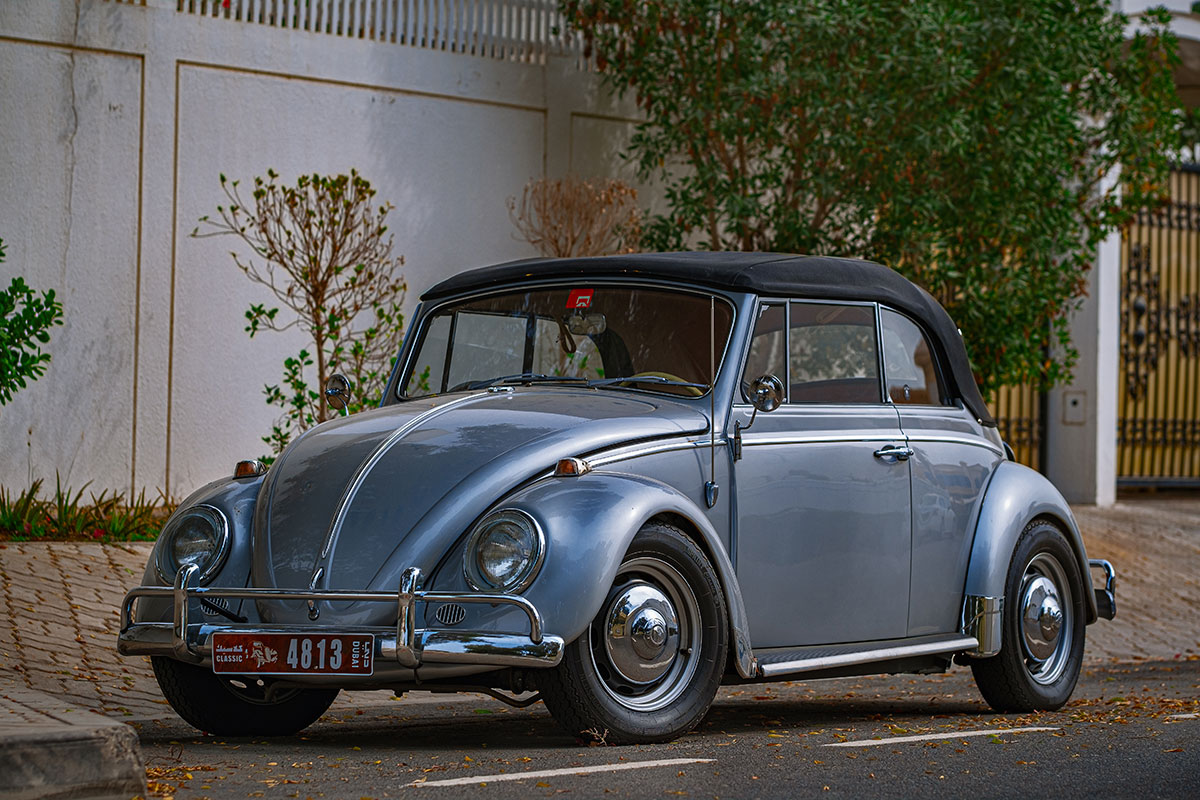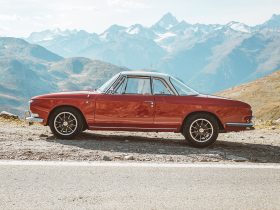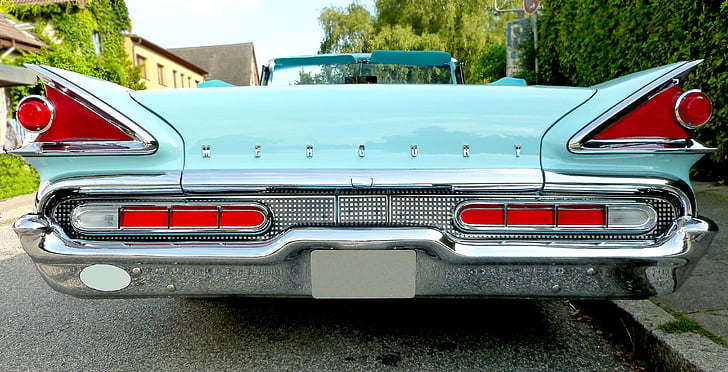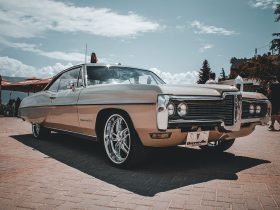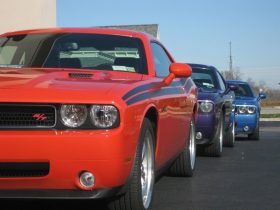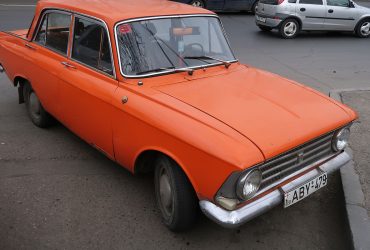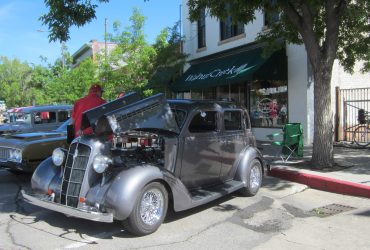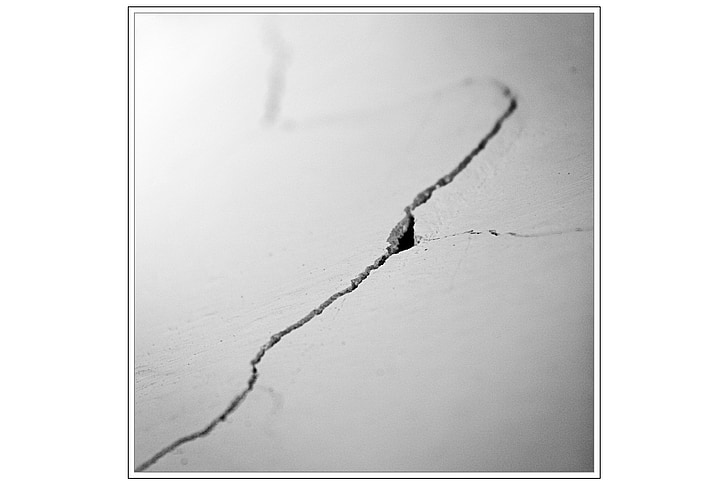
Legends On Wheels: Classic Cars and Their Impact on Automotive History
While cars of today come with more features, more speed, and more efficiency, classic cars boast a level of history, nostalgia, and appeal that can never be matched. Though classic cars are a thing of the past, they still have a special place in history, and their influence on the automotive industry today is remarkable.
The golden age of classic cars spanned from the early 1920s to the late 1950s. During this period, automobile manufacturers were pumping out a wide array of eye-catching and engineering masterpieces. From the gigantic Cadillac V-16 to the art-deco inspired Chrysler Airflow and Buick Y-Job, classic cars broke ground on many of the features and styling cues we see in modern cars today.
 classic car”>
classic car”>
The impact of classic cars on the automobiles landscape is still evident today. Classic cars played an essential role in defining the modern automobile. Not only did they introduce innovative design elements, but they were also essential in the advent of features such as power steering and electric windows. Furthermore, the emergence of the classic car also set a precedent for future generations of car enthusiasts, and those who still admire and cherish these classic beauties.
Some of the most notable classic cars include the Chevrolet Corvette, the Ford Mustang, and the Dodge Charger. All of these cars have become iconic symbols of a bygone era, and their continuing influence on the world of car culture is still felt pointedly today. Whether they’re used for weekend cruises or restoration projects, these classic cars have held an important place in automotive history.
Classic cars will always represent a time of auto innovation, advanced styling, and more. As the automotive industry continues to evolve, so too do the classic cars of the past. These classic cars will continue to remain an iconic piece of automotive history, unshaken by the passage of time.

